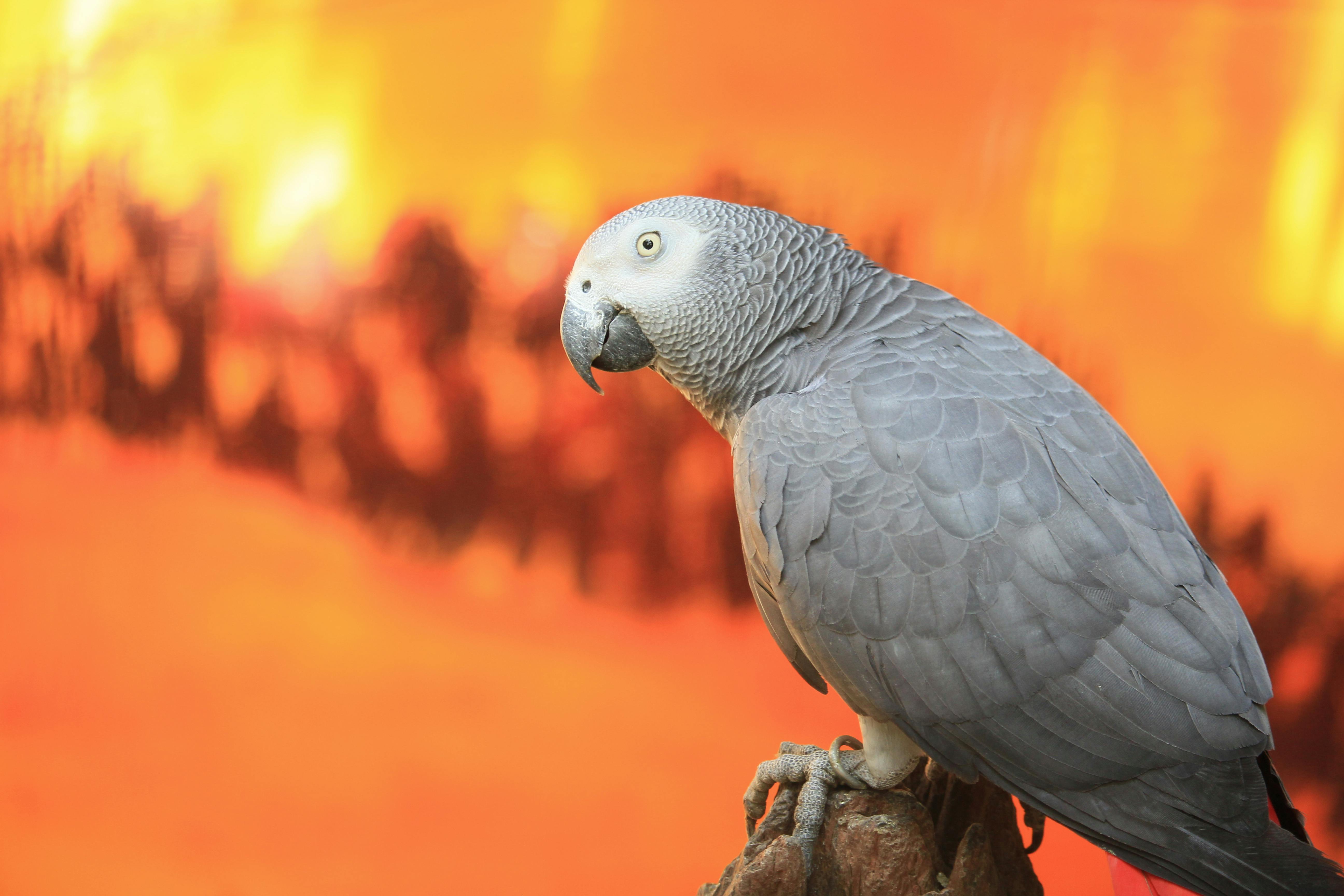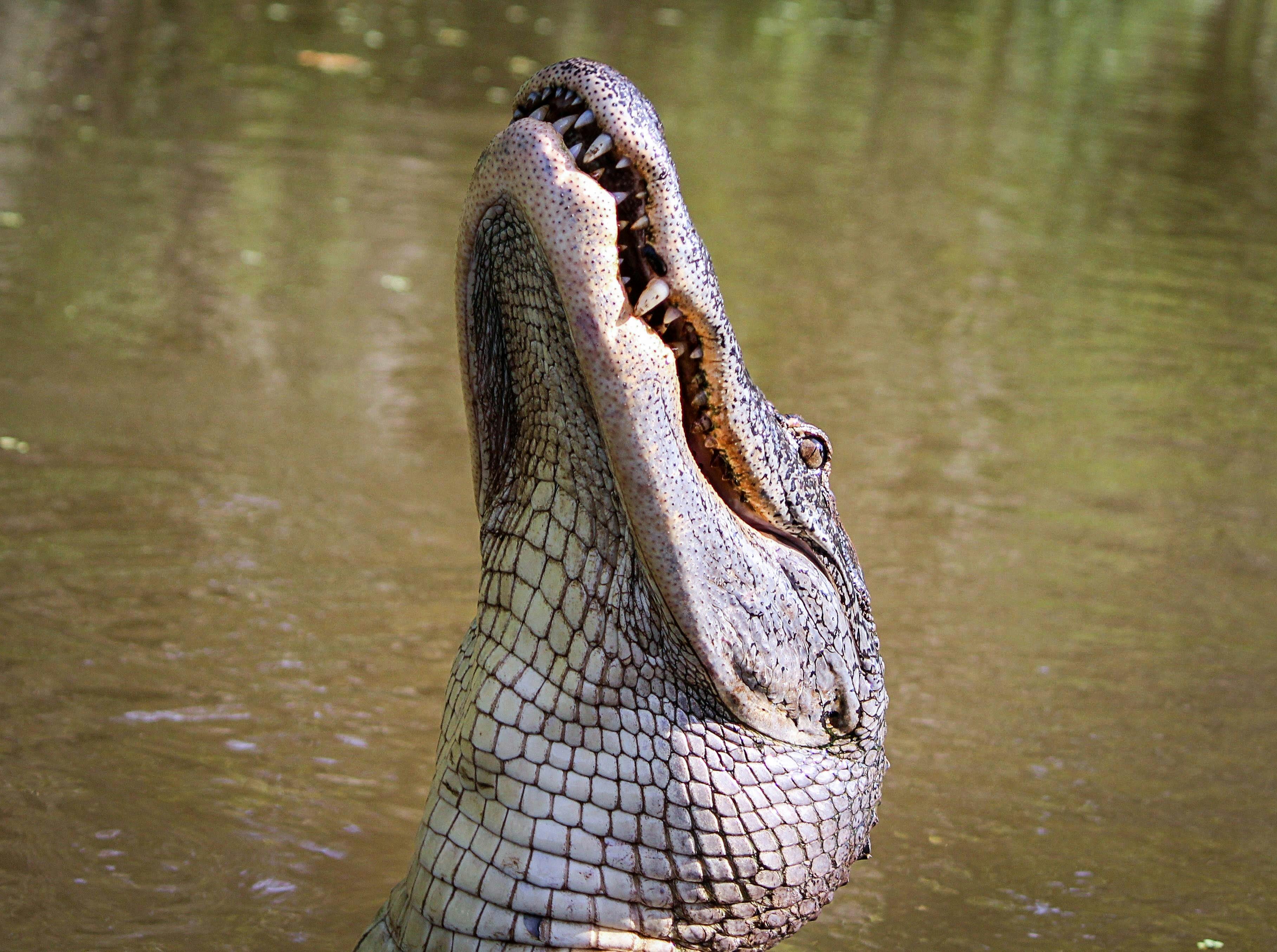Essential Guide to Dwarf Hamster Care: Top Tips for a Happy Pet in 2025
Dwarf hamsters are beloved pets and their compact size makes them ideal for families and individuals alike. Understanding the fundamentals of dwarf hamster care is essential for any owner looking to provide a safe and nurturing environment. In this guide, we’ll cover everything you need to know about caring for dwarf hamsters, from their habitat needs to diet tips, health and wellness, socialization, and more.
As a small yet robust species, dwarf hamsters have specific needs that can significantly influence their well-being and happiness. Proper dwarf hamster habitat, balanced dwarf hamster nutrition, and a commitment to dwarf hamster health practices can ensure your furry friend lives a long and fulfilling life. We’ll delve into proper habitat setup, dietary recommendations, and essential care routines that every pet owner should follow.
This comprehensive guide offers insights into the various aspects of dwarf hamster ownership, equipping you with the knowledge to make informed decisions. Whether you’re a new hamster owner or looking to improve your pet care skills, this article will provide valuable dwarf hamster tips for a healthy and happy pet.
Key Takeaways: Understanding your dwarf hamster’s needs will foster a loving relationship, improve their quality of life, and ensure a rewarding experience for both pet and owner. Now, let’s explore the essentials of dwarf hamster care!
Essential Guide to Dwarf Hamster Habitats
Creating a suitable dwarf hamster habitat is crucial for their health and happiness. A well-designed cage provides them with a secure environment while offering plenty of room for exploration. Hamsters are highly active and need various enriching features in their habitats.
Choosing the Best Dwarf Hamster Cages
When selecting a cage for your dwarf hamster, consider size, material, and design. The enclosure should be spacious enough for the hamster to move, burrow, and play. A multi-level cage can enhance their living environment by providing additional space for climbing and exploration.
Look for cages with proper ventilation and solid floors rather than wire bottoms, which can harm their tiny feet. Additionally, the ideal cage should include detachable parts for easier cleaning, and accessories like tunnels or exercise wheels can enhance their playtime.
Dwarf Hamster Bedding Options
Choosing suitable bedding is essential for maintaining a clean and cozy environment. Opt for natural materials like aspen shavings or paper-based bedding, as they are soft and non-toxic. Avoid cedar or pine bedding, as the oils can be harmful to hamsters.
Changing the bedding regularly promotes cleanliness and prevents odors. Aim for a weekly cleaning routine, with spot cleaning as needed to ensure your pet's habitat remains hygienic.
Understanding Dwarf Hamster Habitat Requirements
Dwarf hamsters thrive in habitats that mimic their natural environment. Set up their cage with hiding spots, toys, and areas for digging. Provide small tunnels and chew-safe toys to keep them active and mentally stimulated. The ideal temperature for their habitat is between 65-75°F, ensuring they stay comfortable.
Complement their living space with a nesting area where they can create their own sanctuary. Providing various materials like shredded paper or hay can help them build a cozy nest, enhancing their sense of security.
Proper Dwarf Hamster Nutrition
Feeding your dwarf hamster a balanced diet is key to promoting longevity and health. The right mix of nutrients ensures they receive essential vitamins and minerals.
Dwarf Hamster Food Types
The main component of a dwarf hamster's diet should be high-quality pellets designed specifically for their species. These pellets provide key nutritional components necessary for their growth and health. Adding small amounts of fresh fruits and vegetables can diversify their diet, but introduce new foods gradually to prevent digestive issues.
Additionally, consider incorporating safe treats such as small pieces of nuts or seeds in moderation, as these can provide crucial fats naturally found in their habitats.
Dwarf Hamster Feeding Schedule
Establishing a feeding schedule helps ensure your dwarf hamster receives a regular supply of food. Provide fresh food daily, replacing any unconsumed portions to prevent spoilage. Fresh water should also be available at all times, and offering it in a sipper bottle can help keep it clean.
Balance is key; avoid overfeeding, as it can lead to obesity and health issues. An optimal feeding amount is typically around 1 tablespoon of pellets daily, supplemented with treats as desired.
Dwarf Hamster Diet Tips
When transitioning your hamster to a new diet or introducing different foods, do so gradually over the course of a week to minimize digestive stress. Monitor your hamster for any adverse reactions or health concerns and adjust diet accordingly. Regularly assess their weight to ensure they're maintaining a healthy size.
Feeding practices are vital -- a well-rounded diet will enhance their energy levels and overall well-being, paving the way for a happier and healthier life.
Supporting Dwarf Hamster Health
Ensuring that your dwarf hamster remains healthy encompasses monitoring their behavior, diet, and environment. By being aware of common health issues, you can intervene quickly for proper care.
Regular Health Checks for Dwarf Hamsters
Frequent health assessments can aid in identifying potential problems early. Look for signs of weight loss, lethargy, or changes in eating habits, as these can indicate health concerns. Conducting a health check regularly can help you catch illnesses before they escalate.
Consult with a veterinarian who specializes in small animals for regular checkups and vaccinations as needed. Keeping records of any health incidents can provide valuable data to your vet during visits.
Common Dwarf Hamster Diseases
Dwarf hamsters are prone to specific conditions such as wet tail, respiratory infections, and dental issues. Familiarize yourself with the symptoms of these conditions:
- **Wet Tail:** A serious bacterial infection characterized by diarrhea and wetness near the tail.
- **Respiratory Problems:** Symptoms include sneezing, wheezing, and labored breathing. Immediate veterinary attention is recommended.
- **Dental Issues:** Watch for difficulty eating, which may indicate dental overgrowth related to diet concerns.
Recognizing these signs quickly can help you take action and seek veterinary assistance when necessary.
Dwarf Hamster Preventive Care
To ensure your hamster remains healthy, maintain a clean habitat and provide them with a balanced diet. Regular interaction and playtime can also encourage physical and mental well-being. Enrichment activities like tunnels and obstacle courses promote both physical health and natural behaviors.
Keeping a close eye on their social needs is vital; ensure they aren’t kept isolated if they thrive in social settings—consider housing them with compatible hamsters to enhance companionship.
Enhancing Dwarf Hamster Socialization
Socialization plays a vital role in your hamster's happiness and emotional health. Understanding their behavior and preferences can help strengthen your bond with them.
Dwarf Hamster Interaction with Humans
Building trust with your hamster should start from day one. Begin by letting them familiarize themselves with your presence before engaging in handling or play. Allow them to sniff your hand and get comfortable around you, which can lead to a stronger bond.
Use gentle interactions and daily handling sessions to encourage familiarity. Over time, you'll notice your hamster becoming more comfortable and relaxed when interacting with you.
Importance of Dwarf Hamster Companionship
Some dwarf hamster species, like the Campbell's dwarf hamster, thrive when housed with others. Ensure they are compatible to avoid territorial disputes. Providing companions can alleviate stress and enrich their lives.
Avoid keeping the same gender together unless littering, as mating pairs can lead to unwanted breeding unless managed correctly. Monitor their interactions to ensure peace within the group.
Dwarf Hamster Bonding Activities
Spending quality time with your dwarf hamster through bonding activities improves their social skills and emotional well-being. Create opportunities for playtime outside their cage in a safe environment. Use tunnels, balls, or safe toys to encourage interaction and exploration.
These activities not only strengthen your bond but also encourage physical activity, essential for their overall well-being.
Common Dwarf Hamster Problems
Even with the best care, problems can arise. Understanding common issues can prompt timely interventions.
Understanding Dwarf Hamster Behavior
Dwarf hamsters display specific behaviors that can help you gauge their mood. Observing their activity levels, eating habits, and interactions with toys provides insights into their well-being.
Look out for signs of stress, which can include avoiding interaction, excessive grooming, or aggression. Addressing their concerns promptly ensures they remain content.
Addressing Dwarf Hamster Stress Factors
Common stress factors include excessive noise, lonely environments, or inadequate space. Ensure their habitat is in a calm area of your home to avoid disturbances. Providing hiding spots can help your hamster feel secure and reduce their stress levels.
Gradually introduce new environments or interactions, allowing your hamster to acclimate at their own pace. This will foster a sense of security and confidence.
Tips for Healthier Dwarf Hamster Living
To maintain your dwarf hamster's health, ensure proper cleaning routines, balanced diets, and engaging play activities that stimulate their natural traits. Regularly assess their living conditions and adjust as necessary to meet their evolving needs.
By providing a nurturing environment, sufficient social interactions, and vigilant health monitoring, you are setting the stage for a healthy and active lifespan.
Frequently Asked Questions About Dwarf Hamster Care
What is the average lifespan of a dwarf hamster?
Under optimal care, dwarf hamsters typically live between 2 to 3 years. Providing a healthy diet, proper habitat, and routine health checks can help prolong their lifespan.
How often should I clean my dwarf hamster’s cage?
It's essential to remove uneaten food and waste daily. A thorough cleaning should be done every week, replacing bedding and cleaning accessories to maintain hygiene.
What are the best toys for dwarf hamsters?
Safe hamster toys can include tunneling systems, exercise wheels, and chewable items. Opt for toys made from non-toxic materials to ensure the safety of your hamster during playtime.

How can I tell if my dwarf hamster is sick?
Watch for signs such as lethargy, difficulty breathing, abnormal eating habits, or unusual grooming behavior. If you suspect health issues, consult with a veterinarian immediately.
What do I do if my dwarf hamster is aggressive?
Aggression can stem from fear or territorial behavior. Ensure your hamster has enough space and enrichment in their habitat. Approach handling gently and allow time for them to adjust to your presence.
With patience, proper care, and understanding, your dwarf hamster will thrive as a cherished member of your family. This essential guide aims to equip you with the necessary tools to ensure a happy, healthy life for your pet.

